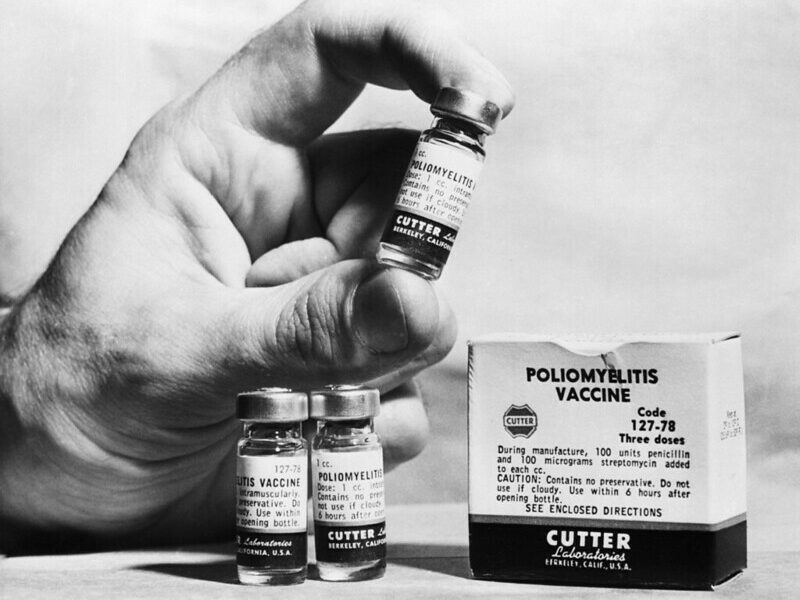Cholera continues to affect the Democratic Republic of Congo, with 192 deaths and over 3,000 cases reported by the United Nations. The outbreak began in March in Kisangani and has spread along the Congo River to several provinces and the capital city Kinshasa. The Bandundu province has been especially hard hit, with 1,271 cases and 72 deaths. Cholera is an acute intestinal infection caused by ingestion of food or water contaminated with the bacterium Vibrio cholerae. The bacterium then produces an enterotoxin that causes extreme diarrhea and can rapidly lead to dehydration and death. Cholera is especially dangerous for children and can be fatal in a matter of hours. However, it can be successfully treated with oral rehydration therapy or with intravenous rehydration. Since the outbreak began, UNICEF has provided 2,700 liters of intravenous solution and 20,000 sachets of oral rehydration salts to health centers. The United Nations Stabilization Mission to the Democratic Republic of Congo and the Office for Coordination of Humanitarian affairs have provided additional logistical support so that supplies can reach affected areas. Cholera is considered a key indicator of social development because it can be prevented with adequate sewage systems and water treatment facilities. However, it remains a problem in much of the developing world. Outbreaks have recently occurred in Haiti, Ghana, Nepal, and Nigeria, in addition to the DR Congo.
